Career as an Oncologist
What is an Oncologist?
The term oncologist is a broad term which includes the specialities of Medical Oncology, Radiation Oncology and Clinical Oncology. Medical oncology is the non-surgical management of cancer, using systemic therapy (chemotherapy, hormonal therapy, and biological agents); whilst Radiation oncology uses radiotherapy in the management of cancer. Clinical oncology uses both.
Why oncology?
Oncology is an exciting and one of the rapidly evolving branch of medicine. In oncology, there are lots of rapid advancements and discoveries every day. The emergence of new treatments specific to patient’s tumour (precision medicine) as well as state of the art radiotherapy technologies are resulting in better clinical outcomes. Being an oncologist will give you the opportunity to play a role and being part of this transition.
The specialty is very much evidence based, which means a commitment to continued learning and keep ourselves updated on the latest advancements. There is ample opportunity to attend interesting and motivating meetings and conferences as well as opportunity for international collaboration. Cancer is a common disease and one of the leading causes of morbidity and mortality worldwide. World Health Organization (WHO) estimated that there were 14 million new cases and more than 8 million deaths every year. This figures are expected to rise mainly due to the increase in elderly population and adoption of unhealthy lifestyles.
Like most developed and advanced developing countries, Malaysia is experiencing an epidemiological transition, where diseases related to lifestyle particularly cardiovascular diseases and cancers have progressively become more prevalent.
As the number of patients diagnosed and living with cancer increases, there is a growing need for clinical oncologists. Hence oncology is both an exciting and rewarding field to be in.
How to become an oncologist?
Malaysia tends to follow the UK system.
In Malaysia one has to get a job in an Oncology unit, prepare and sit for the FRCR (UK) exams, organised by oneself, OR apply for the Masters in Clinical Oncology course run by University Malaya. Usually it is preferred that the trainees have some experience as a medical officer (at least 1 year, especially in general medicine) after the housemanship before becoming a trainee in Oncology. On average it takes about 5 years before a doctor is able to get the necessary qualifications. ( The Master in Clinical Oncology course is between 4 – 7 years)
In the UK one gets a job as a trainee registrar in Clinical Oncology and prepare and sit for the FRCR part 1 and part 2 exams. Nowadays one needs to have the MRCP before applying for a trainee registrar job. After passing the FRCR the doctor then has to work a few years usually at the senior registrar level before being given the CCST (Certificate of Completion of Specialist Training).
In the USA one has to apply for a residence training position/job in Medical or Radiation Oncology and usually after 4 to 5 years sit for the American Board Exams.
In Australia one has to get a job as a trainee registrar in Medical or Radiation Oncology and sit for the Australian Fellowship Exams. So in the case with most types of professionals (eg Chartered Accountants, Chartered Engineers, Acturists…etc) one needs to acquire the knowledge, training and experience by working as a trainee and then sit and pass the professional exams.
Below are some of the related and useful links:
1. Why choose a career in clinical oncology
http://careers.bmj.com/careers/advice/Why_choose_a_career_in_clinical_oncology%3F
2. Thinking about a career in clinical oncology
https://www.rcr.ac.uk/clinical-oncology-careers
3. So you want to be an oncologist
https://www.ncbi.nlm.nih.gov/pmc/articles/PMC3632855/
4. Information on Master of Clinical Oncology course offered by university Malaya
https://www.um.edu.my/um2017/academics/master/medicine/master-of-clinical-oncology
5. Information on FRCR exam https://www.rcr.ac.uk/clinical-oncology 6. Training in clinical
http://careers.bmj.com/careers/advice/Training_in_clinical_oncology
National Specialist Register (NSR) for oncologist in Malaysia.
The National Specialist Register (NSR) is to ensure that doctors designated as specialists are appropriately trained and fully competent to practise the expected higher level of care in the chosen specialty.
The three medical specialties listed under oncology, for NSR in Malaysia are clinical oncology, radiation oncology and medical oncology. The recognized postgraduate qualifications listed in Table 1.
| No | Qualification | Remark |
| 1 | Master of Medicine (Clinical Oncology), University Malaya | |
| 2 | Fellow of The Royal College of Radiologists (FRCR) | |
| 3 | Fellow of the Faculty of Radiologists, Royal College of Surgeons, Ireland (FFRRCS) | |
| 4 | Diploma in Medical Radiology (DMRT) United Kingdom | Before 1994 |
*OTHER DEGREES WILL BE CONSIDERED ON A CASE-TO-CASE BASIS
Useful links
1. Criteria to register as a specialist
www.nsr.org.my/criteria1.html#4
2. Registration procedures and guidelines
www.nsr.org.my/NSR_Guidelines.html
3. Specialist registration
www.nsr.org.my/registration1.html
For other information on NSR, kindly log in at www.nsr.org.my.
